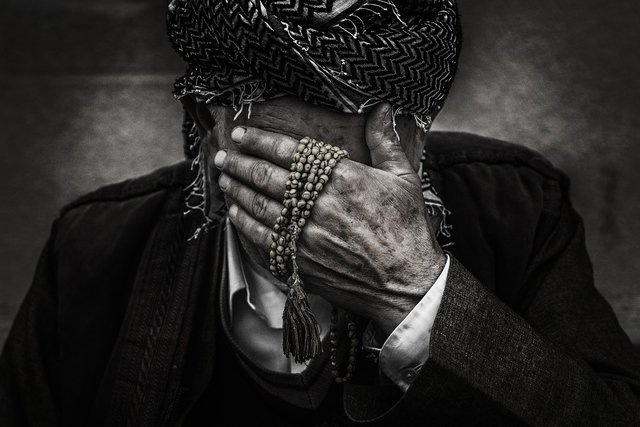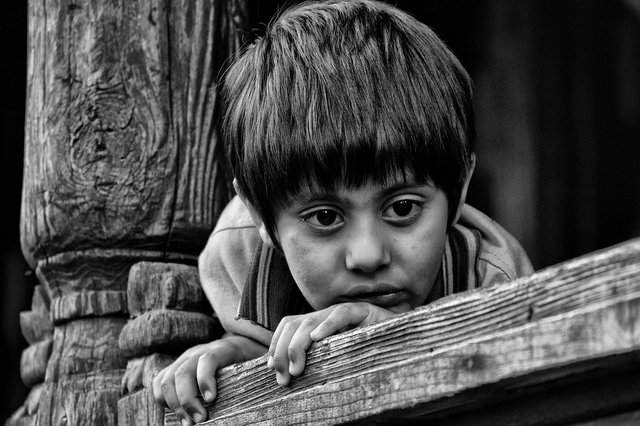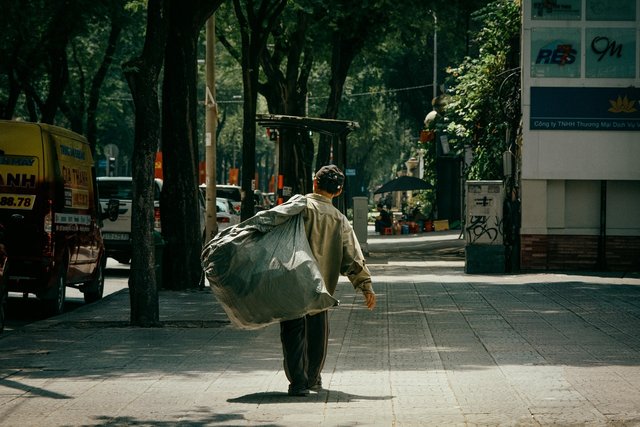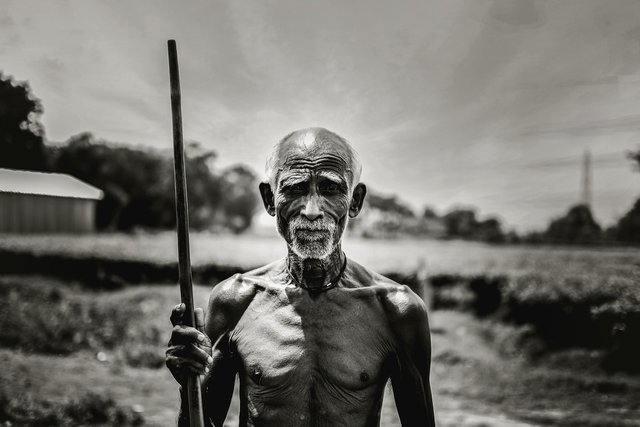Zakat Terminology in Several Countries and Differences in Poverty Standards | Terminologi Zakat di Sejumlah Negara dan Perbedaan Standar Kemiskinan |
Some countries—even those with a Muslim majority—have the same terminology for zakat, but in its application there are differences, depending on many things such as economic conditions and regulations in the country.
Zakat laws in Muslim countries use a simple and flexible definition regarding those entitled to zakat as fukara and masakin. Sudanese law defines fukara and al-masakin as "people who have not had food for one year, and in the case of a person who supports a family, a person who does not have enough income to support his family. This includes full-time students who cannot meet the costs of their studies".
It defines al-masakin as "poor people who do not get what is enough for their nutrition, which includes the disabled, the sick who do not have medical expenses and victims of natural disasters".
Libyan law (1971) says: "Fakir means a person who has not had his nutrition for one year, and the poor is a person who has nothing".
Pakistani law does not seek a literal definition but uses a general sense to say that zakah funds are to be utilized for the following purposes: “Relief to the needy, the poor and the needy, especially orphans and widows, the disabled are entitled to receive zakat under the Shari’ah for subsistence or rehabilitation”.
Kuwait’s Zakat House divides the categories of the poor and the needy into orphans, widows, the old, the sick, the imprisoned or missing guardians, the poor students, and those with low incomes. Egypt’s Nasir Bank, in distributing zakah since the early 1970s to the poor, follows a similar approach.
It appears from the previous examples that the definition of the poor and the needy does not pose a practical problem for distributing zakat. It is mostly distributed by people/committees living in the same area, who understand the conditions of the community around them and they can estimate the basic needs according to the standard of living in the area concerned.
It is understandable that the needs in a community like Pakistan or Sudan will be different from those in Kuwait. It is logical that in distributing zakat there should be a greater focus on the poorest of the poor in the community.
Likewise with the poverty standards for each region in Aceh, Indonesia. Aceh should have poverty standards according to each region.
Poverty in Banda Aceh as the capital city will have different standards from poverty in Sawang, North Aceh. Likewise, there will be variations in poverty standards from one region to another.
Terminologi Zakat di Sejumlah Negara dan Perbedaan Standar Kemiskinan
Beberapa negara—bahkan yang mayoritas muslim—memiliki termininologi sama tentang zakat, tetapi dalam penerapannya ada perbedaan, tergantung banyak hal seperti kondisi perekonomian dan regulasi di negara tersebut.
Undang-undang zakat di negara-negara muslim menggunakan definisi yang sederhana dan fleksibel menyangkut yang berhak zakat sebagai fukara dan masakin. Hukum Sudan mendefinisikan fukara dan al-masakin sebagai "orang-orang yang tidak memiliki makanan selama satu tahun, dan dalam kasus orang yang menanggung keluarga, orang yang tidak memiliki pendapatan cukup untuk menghidupi keluarganya. Dalam hal ini termasuk siswa penuh waktu yang tidak dapat memenuhi biaya studinya”.
Ini mendefinisikan al-masakin sebagai "orang miskin yang tidak mendapatkan apa yang cukup untuk gizi mereka, yang mencakup orang cacat, orang sakit yang tidak memiliki biaya pengobatan dan korban bencana alam".
Hukum Libya (1971) mengatakan: "Fakir berarti orang yang tidak memiliki nutrisinya selama satu tahun, dan miskin adalah orang yang tidak memiliki apa-apa".
Hukum Pakistan tidak mencari definisi literal tetapi menggunakan pengertian umum untuk mengatakan bahwa dana zakah akan dimanfaatkan untuk tujuan berikut: "Bantuan kepada yang membutuhkan, orang fakir dan orang miskin, khususnya anak yatim dan janda, penyandang cacat berhak menerima zakat di bawah syariah untuk subsistem atau rehabilitasi".
Zakat rumah di Kuwait membagi kategori fakir dan miskin menjadi anak yatim, janda, tua, sakit, keluarga dipenjara atau hilang wali, siswa miskin, dan orang-orang dengan pendapatan rendah. Nasir Bank Mesir, dalam mendistribusikan zakah sejak awal 1970-an kepada orang miskin, mengikuti pendekatan yang sama.
Tampaknya dari contoh sebelumnya bahwa definisi fakir dan miskin tidak menjadi masalah praktis untuk mendistribusi zakat. Hal ini sebagian besar disalurkan oleh orang/komite yang tinggal di wilayah sama, yang mengerti kondisi masyarakat di sekitar mereka dan mereka dapat memperkirakan kebutuhan dasar sesuai dengan standar hidup di daerah bersangkutan.
Dapat dimengerti bahwa kebutuhan tersebut dalam sebuah komunitas seperti Pakistan atau Sudan akan berbeda dengan yang ada di Kuwait. Adalah logis bahwa dalam menyalurkan zakat harus ada fokus yang lebih besar pada kelompok termiskin dari yang miskin di tengah masyarakat.
Begitu juga dengan standar kemiskinan untuk setiap daerah di Aceh. Sudah seharusnya Aceh mempunyai standar kemiskinan sesuai dengan daerah masing-masing. Kemiskinan di Banda Aceh sebagai pusat ibu kota akan berbeda standarnya dengan kemiskinan di Sawang, Aceh Utara. Begitu juga dengan wilayah satu dengan lainnya akan terjadi variasi perbedaan standar kemiskinan.[]




Hi, Greetings, Good to see you Here:)
Thank you so much for sharing your post at #steem4pakistan community. We are extremely happy to see your post. Your post information has been given below.
Thank so much for great review @enamul17.